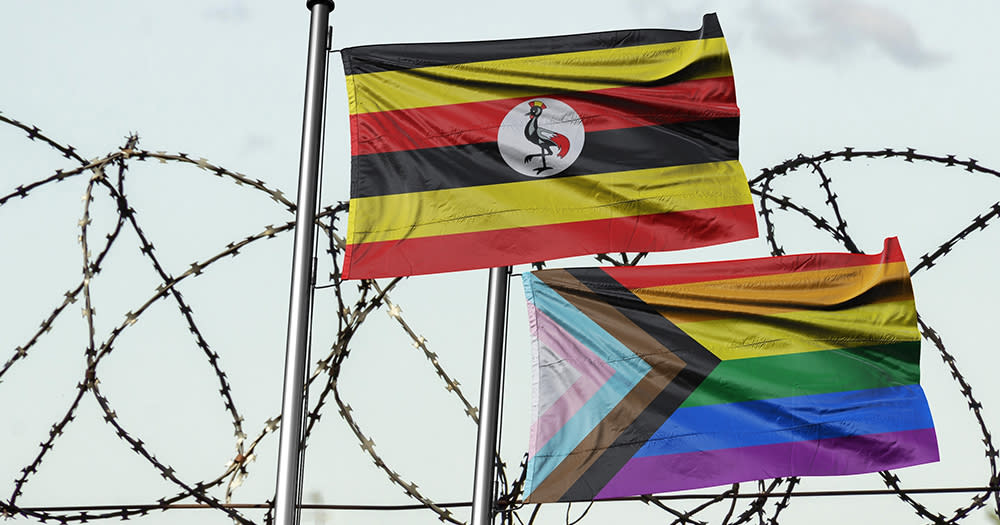Uganda’s anti-LGBTQ+ law preventing people from accessing healthcare

The extreme anti-LGBTQ+ legislation passed in Uganda last year is having severe consequences on the lives of LGBTQ+ people in the country, including making it impossible for them to access adequate healthcare.
The Anti-Homosexuality Act 2023 was signed into law by Ugandan President Yoweri Museveni in May last year, introducing some of the harshest penalties in the world, such as the death penalty for so-called “aggravated homosexuality”. The legislation was challenged before Uganda’s Constitutional Court which, while ruling against part of the law, upheld some of its draconian punishments.
The Act is considered the world’s harshest law targeting the LGBTQ+ community, in a country where same-sex relations were already illegal under a colonial-era penal code retained after independence. Activists from Uganda and from all over the world have strongly condemned the law, which has already caused LGBTQ+ people to lose jobs, be evicted from their homes and lose support from their families.
In addition to this, the legislation is also contributing to spreading fear and misinformation, with devastating consequences on LGBTQ+ people’s ability to access healthcare in Uganda. In an interview with The Guardian, Brian Aliganyira, founder of Ark Wellness Hub, a health clinic dedicated to the LGBTQ+ community in Kampala, Uganda, explained how things have changed since the law was passed.
“The narrative has been created in Uganda that once you operate as an organisation [like ours], or an activist, you’re recruiting children into homosexuality,” Aliganyira said.
He explained that providing healthcare services specifically for the LGBTQ+ community could now be seen as “promoting homosexuality” and thus that the clinic had to remove leaflets and take other precautions. The staff is also no longer able to have open conversations about sexual health with their patients. Moreover, three members of their staff had to quit last year due to the climate created by the law.
“So many threats from outside. Also some of their families were telling them to quit that kind of job, because it was illegal. We have a very strong attachment to our families, to tradition and to religion. So three of our doctors left last year because of that pressure,” Aliganyira said, adding that patients are also too fearful to come in now.
“The whole propaganda, the whole debate led to the decrease in terms of clients accessing services. They were scared. They feared coming to the clinic. They feared even being called for things like follow-up,” he told The Guardian. “Clients who used to come and pick up test kits would not pick them up. Clients who were living with HIV had trouble coming back and picking [up] their ARVs.”
In addition to this, the rampant misinformation is also hindering people’s ability to access the healthcare they need. Aliganyira recounted how one patient stopped taking PrEP because he had been persuaded that the medication would turn him into a woman, with the consequence that he tested positive for HIV.
Some people are forced to travel eight hours to access antiretroviral medication. Aliganyira also spoke about a trans woman who, after being attacked last year, went to the hospital. However, when the staff found out she was trans, they called the press instead of providing care, win the woman ending up in a coma due to brain swelling.
“That shows you how much homophobia supersedes the value of someone else’s life,” Aliganyira commented.
The post Uganda’s anti-LGBTQ+ law preventing people from accessing healthcare appeared first on GCN.

 Yahoo News
Yahoo News 
